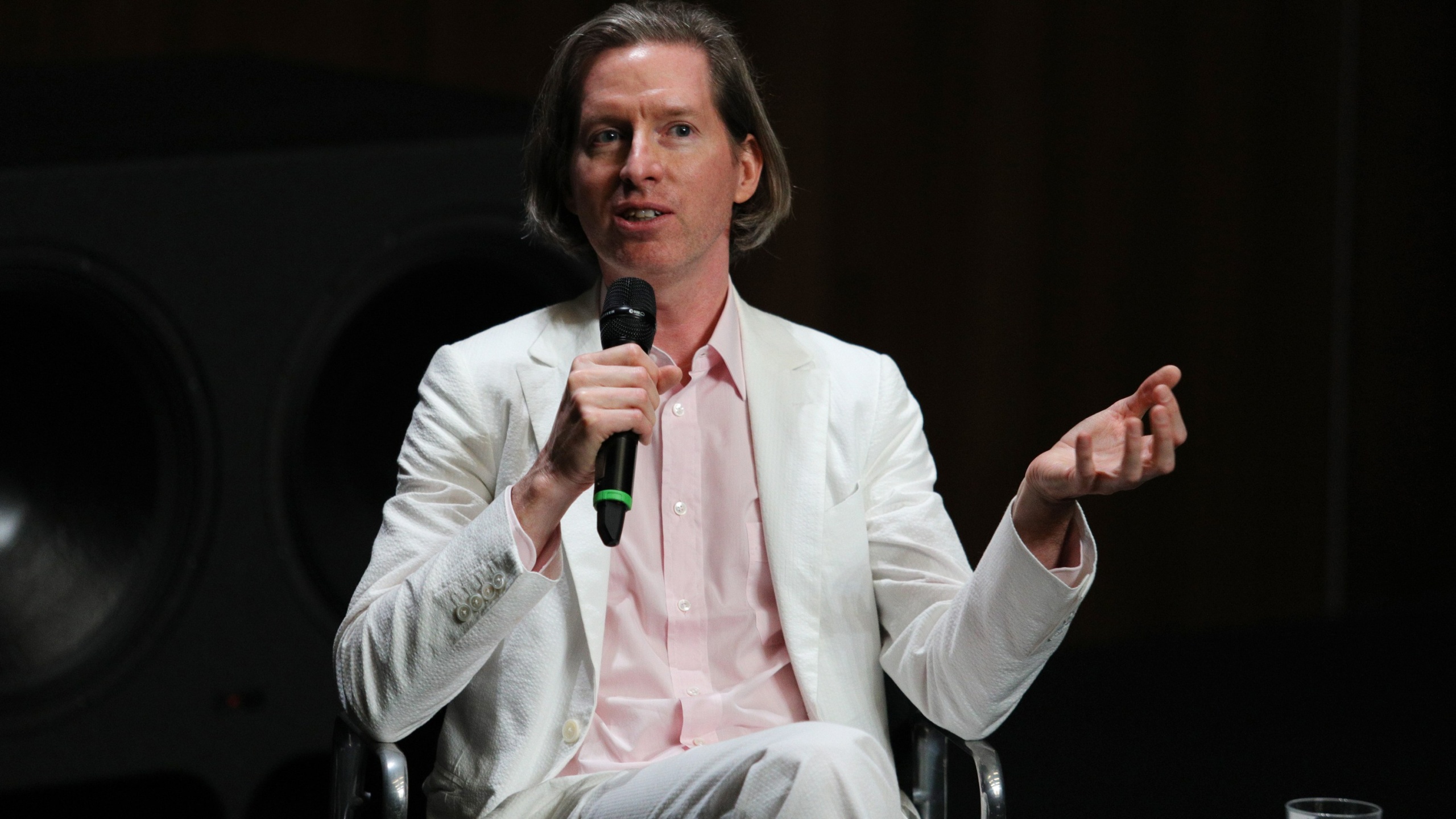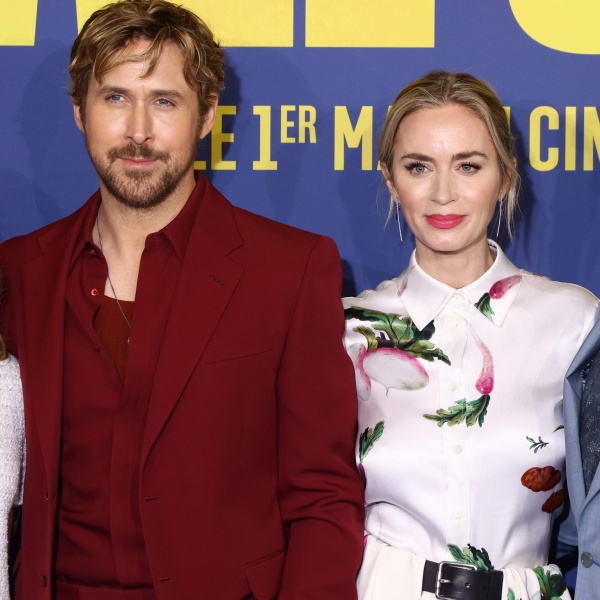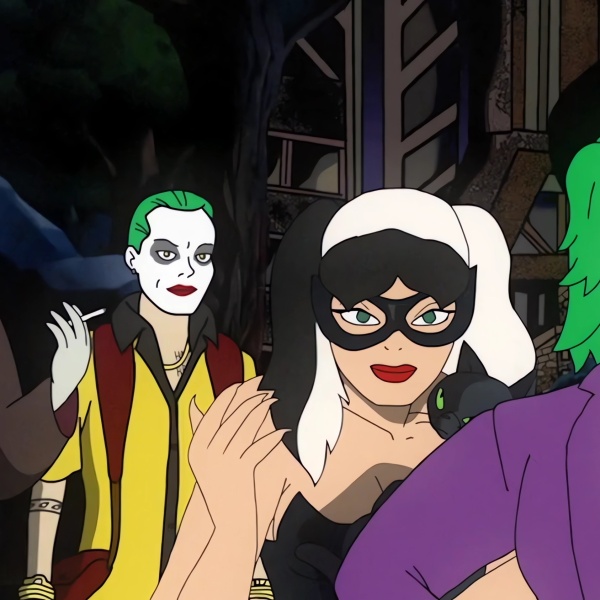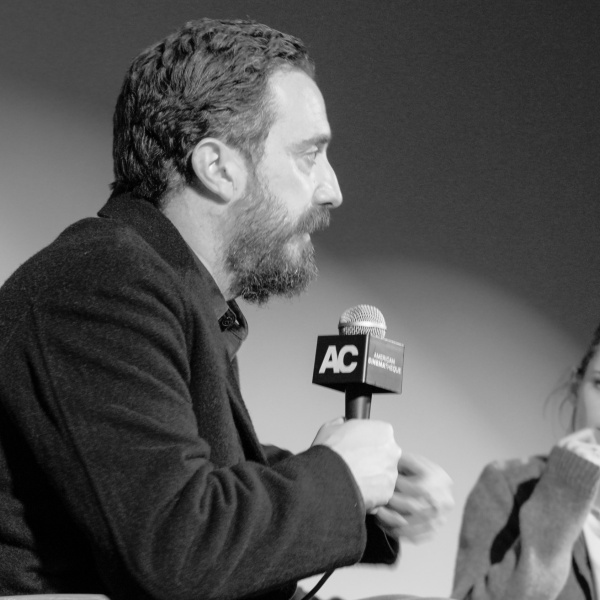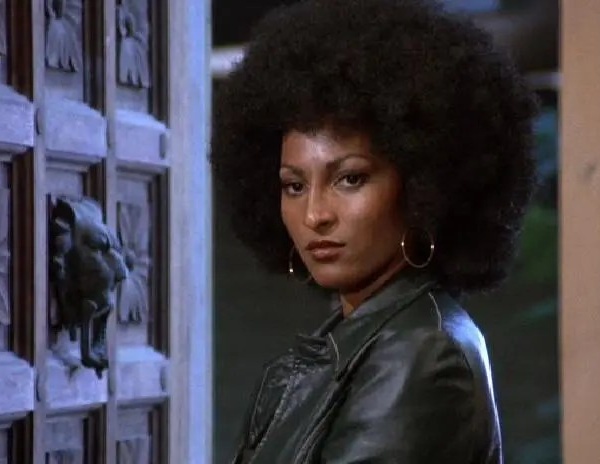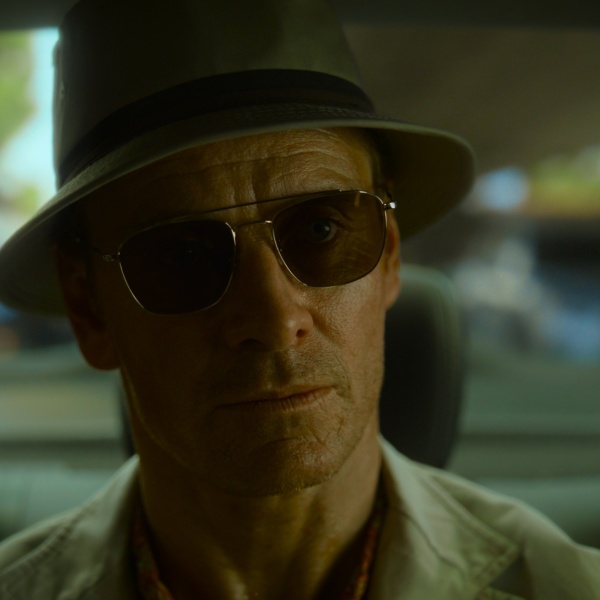Cinematic auteur, icon of pastel aesthetic, and pen salesman Wes Anderson enjoys a varied repertoire. He’s made commercials, worked in live-action film and animation, long-form and short, and has been known to don multiple hats on each set. While most of his work is original, he has also adapted the work of author Roald Dahl with “Fantastic Mr. Fox” and, most recently, his Oscar-winning “The Wonderful Story of Henry Sugar.” Taking part in a conversation at the Annecy International Animation Festival in France, reported on by The Hollywood Reporter, Anderson said he’s now ready to take on another huge British novelist.
“I feel like the writer who I would like to adapt — who I don’t know if I can see the opportunity — is Dickens,” he said. “I would like to do a big Dickens story. They’ve all been adapted. They’ve all been done many times. They’re so interesting. People keep going back to them. They’re so entertaining and so complex.”
Anderson’s not wrong. Multiple books by Charles Dickens have been adapted for film and television, some of which (see: “A Christmas Carol”) have been adapted multiple times and for various time periods and cultures. Anderson himself acknowledged the masterful work David Lean did with his 1948 adaptation of “Oliver Twist.” Speaking at Annecy, he said, ““It sets a high bar to compete with. [Roman] Polanski also did an Oliver Twist [in 2005].”
In terms of definite projects, Anderson also announced he’d just finished work on his latest effort, “The Phoenician Scheme.” The film boasts a typically star-studded cast, including Michael Cera, Riz Ahmed, Tom Hanks, Benedict Cumberbatch, Scarlett Johannson, and many others.
“This film I just finished making in Germany, there must be a hundred people on the film who have worked with me on other films,” Anderson said. “It could be more who come back — and lots of castmembers.”
Addressing his unique approach to filmmaking, Anderson said, “People who are newcomers on the set or [to] the process of making one of my movies find it strange. It’s not necessarily the way movies are normally made. Probably every director is like that. We have our own strange methods, which began in some ways with the first film I made.”
